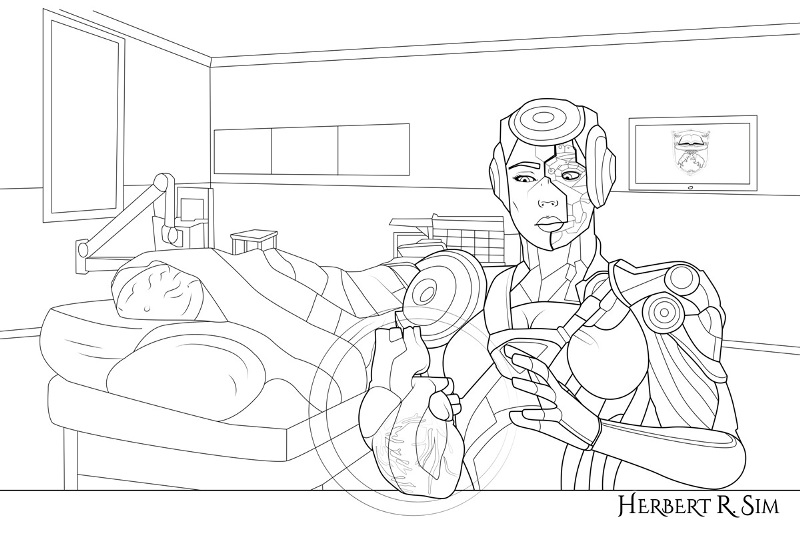
Artificial Intelligence (AI) and blockchain are technologies with the potential to effect fundamental changes in a wide range of economic sectors and markets, and society in general.
AI refers to an area of computer science that pursues the creation of intelligent machines that function and react like humans. Some functions that AI machines are being developed for include speech recognition, machine learning and problem-solving.
A blockchain is essentially a distributed, secure and transparent system of recorded transactions that are shared across a digital network. The best-known application of blockchain are cryptocurrencies such as Bitcoin, which use decentralised peer-to-peer technology to send and record payments without the need for an intermediary like a bank.
AI and blockchain technology are attracting the interest of a broad range of industries which are exploring the value that these technologies bring to their businesses. Industries that could be disrupted include financial services, logistics, manufacturing, and land use.
Healthcare, that perennially vital industry, is another sector where AI and blockchain look set to make an impact.

Affordable Healthcare
New research by Indiana University in the United States found that the application of AI technologies such as machine learning and voice recognition to medical treatments could drastically cut healthcare costs and improve patient outcomes.
Simulation modelling that understands and predicts the outcome of treatments showed that processing patient data with machine learning algorithms can significantly improve both the cost and quality of healthcare. The decision making framework used in the research was able to consider all the different possible sequences of actions and effects in advance, even in cases where the effects of actions were uncertain.
When researchers compared actual doctor performance and patient outcomes against the computer decision making models, it was found that AI models obtained a 30% to 35% increase in positive patient outcomes. Furthermore, altering certain model parameters could actually enhance the outcome advantage to approximately 50% more improvement at about half the cost.
While the data used for this project was non-disease-specific, it could work for any diagnosis or disorder, simply by incorporating the relevant data. AI’s ability to offer more accurate outcomes for patients at lower cost underscores its potential to provide more affordable healthcare for a wide range of conditions.
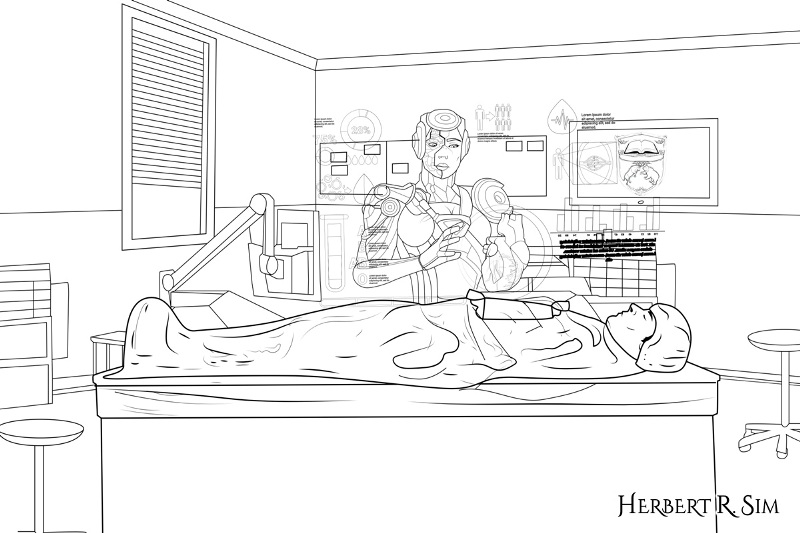
Elementary, My Dear Watson
Since beating the top human champions of the gameshow Jeopardy! in 2011, IBM’s AI supercomputer Watson has been applying its sizeable abilities to healthcare. Specifically to look at cancer treatment. IBM announced last year that Watson would be used to evaluate evidence-based cancer treatment options for doctors, streamlining the decision making process down to a matter of seconds.
The use of natural language processing, another capability of AI, will allow doctors and patients to communicate symptoms and preferences to Watson, which will see patients as individuals and not just as data on a screen.
The chief benefit in using Watson to assist in cancer treatment would be that oncologists get to access Watson’s expertise and knowledge gathered from looking at thousands of other cases, rather than the handful of cancer patients a year an oncologist would see.
Because new advances in oncology do not reach everyone in the medical community at the same time, having a supercomputer like Watson that is automatically updated with the latest research will provide oncologists everywhere with a cutting-edge resource. Watson can even assess the resources available to clinicians in a given hospital and customise its suggestion to them based on their equipment and location.
Watson is currently being used to look at hypothetical lung cancer diagnoses, but IBM hopes to take the knowledge it gains from working with oncologists and apply it other cancer types and diseases in future.
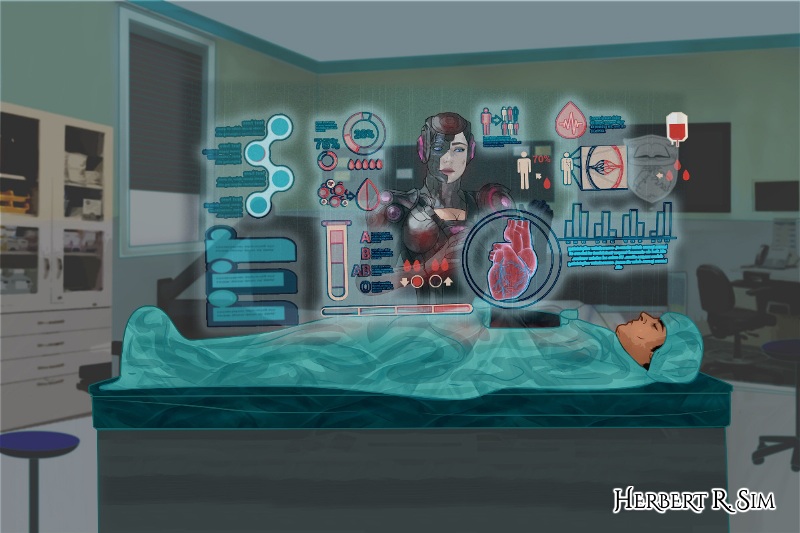
New Kid on the Blockchain
Blockchain has the potential to bring healthcare administration to the next level. While the industry has mostly progressed from paper-based to digital records, current challenges include keeping patient records private from hackers, while allowing authorised access by providers. Applying blockchain to healthcare records promises improved data security, better access for healthcare professionals and patients, as well as greater transparency for healthcare transactions.
In order to deliver holistic patient care, businesses from various industries in the healthcare ecosystem have to align themselves in how they function, and not just operate in silos. As a case in point, a patient could engage with a paramedical support provider, hospital ward, diagnostic lab, pharmacy, health insurance provider, nutrition supplier and fitness centre in the journey from illness to recovery.
From a data transactions perspective, these are multiple businesses and entities engaging with the same consumer and generating transactions without recording these engagements on a shared database for other businesses in the transaction chain to see. There is a lack of trust on the authenticity of information recorded by each party because it is not verified by any other party in the chain.
A ‘blockchain ready’ healthcare ecosystem where different businesses come together would line up as a connected network, and operate in an environment of high trust, transparency and secure information exchange. This brings greater value to the patient-consumer who need not be troubled with generating multiple transaction with each party he deals with. Instead, the patient can focus on recovery and well-being, which ought to be the most important goal of the healthcare ecosystem.
These use-cases of AI and blockchain in healthcare are just the tip of the iceberg. With the ever-present demand for healthcare by a global population that continues to grow, these technological advances will be vital in helping healthcare organisations and professionals provide quality and affordable healthcare to their patients.
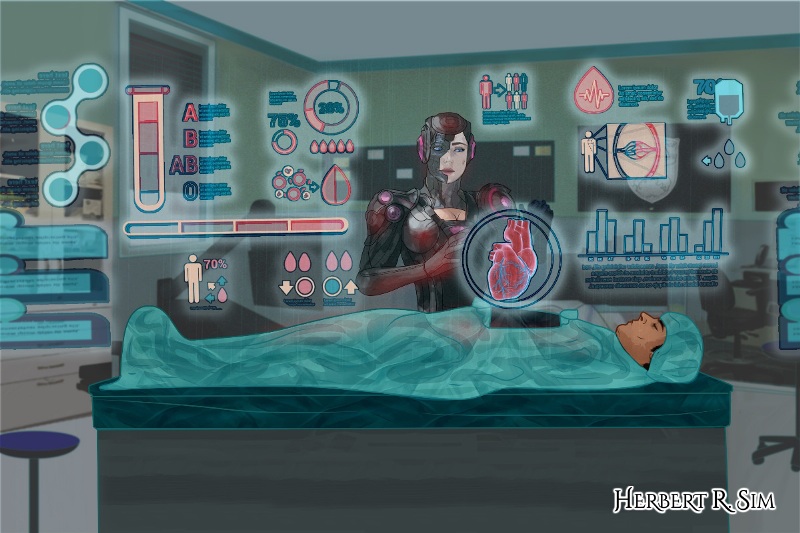
————————————————————-
Behind The Scenes (Work In Progress)
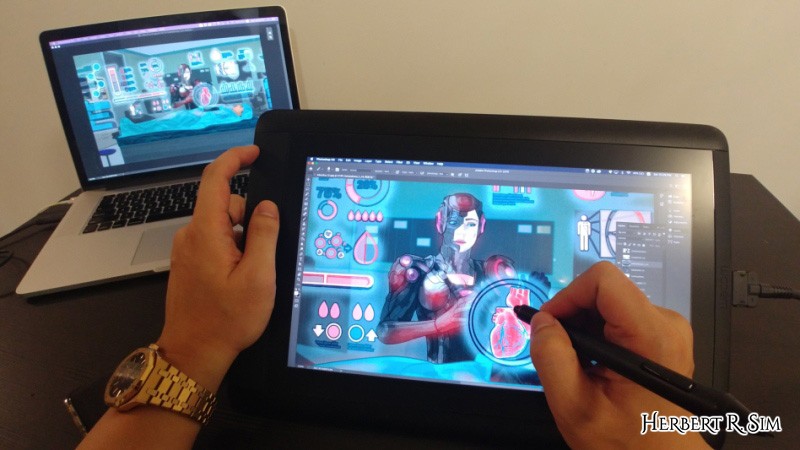
situs slot
situs toto slot
https://jacktotoresmi.id/
data hk
jacktoto
toto slot
situs toto
situs toto
situs slot
